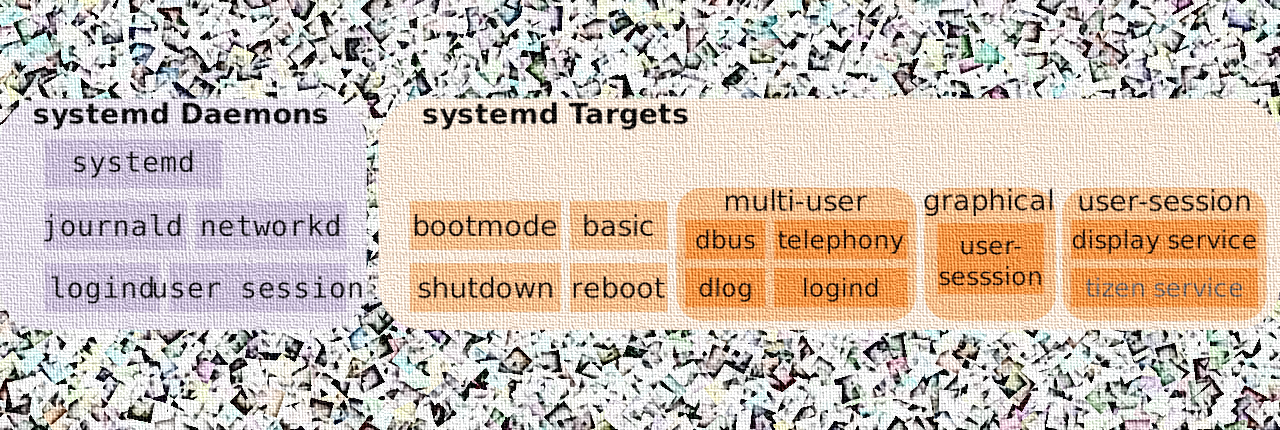
Security researchers have disclosed three vulnerabilities that affect a system service part of 'systemd,' a core component in Linux that manages system processes after the boot process.
The bugs exist in 'journald' service, tasked with collecting and storing log data, and they can be exploited to obtain root privileges on the target machine or to leak information. No patches exist at the moment.
Getting root is a matter of time
Discovered by researchers at Qualys, the flaws are two memory corruption vulnerabilities (stack buffer overflow - CVE-2018-16864, and allocation of memory without limits - CVE-2018-16865) and one out-of-bounds error (CVE-2018-16866).
They were able to obtain local root shell on both x86 and x64 machines by exploiting CVE-2018-16865 and CVE-2018-16866. The exploit worked faster on the x86 platform, achieving its purpose in ten minutes; on x64, though, the exploit took 70 minutes to complete.
Qualys is planning on publishing the proof-of-concept exploit code in the near future, but they did provide details on how they were able to take advantage of the flaws.
Exploit does not require user interaction
"To the best of our knowledge, all systemd-based Linux distributions are vulnerable, but SUSE Linux Enterprise 15, openSUSE Leap 15.0, and Fedora 28 and 29 are not exploitable because their user space is compiled with GCC's -fstack-clash-protection," the advisory reads.
All three bugs can be leveraged with no user interaction. One memory corruption is locally exploitable, while the other can be capitalized over the network.
The two memory corruption flaws are exploitable since systemd v201 and v230.
Waiting for the patches
On Debian, only the information leak (CVE-2018-16866) vulnerability has been fixed in the unstable systemd 240-1 release. The severity of any of the issues has not been established for the time being.
Red Hat has assigned the security impact 'Important' for the memory corruption vulnerabilities, with severity ratings of 7.4 and 7.5.
The out-of-bounds (OOB) glitch leading to information leaks is tagged with a 'Moderate' impact and a severity rating of 4.3.
Red Hat Enterprise Linux 7 and Red Hat Virtualization 4 are impacted by all three vulnerabilities but the OOB won't be fixed in the latter platform.


Comments
NoneRain - 5 years ago
dang